පශ්චාද් ගෝලීය කොරෝනා වසංගතය හමුවේ අධ්යාපනය පෙළ ගැස්විය යුතු උපාය මාර්ගික ප්රවේශය සහ එහි දිශානතිය පිළිබඳ ව සාකච්ඡා කිරීමට මෙවර ගවේෂණ කලාපය වෙන් කොට ඇත. පූර්ව ළමා වියේ සිට මරණ මංචකය දක්වා වූ යාවජීව අධ්යාපනය පිළිබඳ ව පුළුල් සහ ගැඹුරු සාකච්ඡාවක් සමාජගත කිරීම එහි අරමුණයි.
ගෝලීය කොරෝනා වසංගතය විසින් සමස්ත ලෝකය ම කරකවා අත හැර සමච්චලයට ලක් කරනු ලැබ ඇත. 1950 දී, ප්රංශ ජාතික ක්ෂුද්ර ජීව විද්යාඥ, මෙන් ම පරිසරවේදියකු හා මානවවේදියකු වූ, පසු කලෙක ඇමෙරිකාවේ හාවර්ඩ් වෛද්ය විද්යාලයේ ප්රජා සෞඛ්ය අංශයේ ව්යාධි විද්යාව පිළිබඳ මහාචාර්ය සහ නිවර්තන වෛද්ය විද්යාව පිළිබඳ මහාචාර්ය ලෙස සේවය කළ ‘රිනේ ජූල්ස් ඩියුබොස්’ මෙසේ පවසා ඇත. එනම්, අනපේක්ෂිත වෙලාවක අනපේක්ෂිත ආකාරයෙන් ස්වභාව ධර්මයා අපට ප්රති ප්රහාර දෙනු ඇත. යන්නයි. 2019 වසරේ දී එය ඒ ආකාරයෙන් ම සිදු විය. මිනිස් වර්ගයාගේ අධි අවදානම් චර්යා, එනම් පාරිසරික විනාශය, වන විනාශය, ප්රතිජීවක ඖෂධ අවභාවිතාව, ජෛව විවිධත්වය වෙනස් කිරීම, රසායනික දූෂණය, නාගරීකරණය, ජනගහන වර්ධනය, තිරසර පරිසර සීමාවලට අභියෝග කරමින් කරනු ලබන අධිපරිභෝජනවාදය ආදී ජීවන රටා නිසා, වසංගතවලින් ඔබ්බට ගිය විනාශ ජාලයක්, මිනිසා තමන් වෙත කැඳවා ගෙන ඇත. ‘ස්වාභාවික ව්යසන’ ලෙස අප හඳුන්වන නියඟය, ගංවතුර, නායයෑම් ආදිය ඇත්තෙන් ම ස්වාභාවික නොවන බව තේරුම් ගන්නේ කීයෙන් කී දෙනා ද?
මේ කටුක සත්යය හමුවේ, ‘කොව්ඩ් 19’ විසින් අනතුරු අඟවා අපට දී ඇති හොඳ ම පාඩම වනුයේ, ‘අධ්යාපනය’ යනු මේ සමස්ත අභියෝග ඔස්සේ මානව සංහතිය තම පැවැත්ම ආරක්ෂා කර ගැනීමට අලූතින් ඉගෙන ගත යුත්තේ කෙසේ ද යන්න පසු විපරමකට ලක් කිරීම අත්යවශ්ය බවයි. අප මුහුණ දෙන ගෝලීය අභියෝග හමුවේ අප හිතන හැටි, අපට දැනෙන හැටි, අප හැසිරෙන හැටි ගැන නැවත සිතා බැලීම අනිවාර්ය බවයි.
අනාගත ශ්රී ලංකාවේ අධ්යාපනය සහ අධ්යාපන ප්රතිසංස්කරණවල දී ඉලක්ක කළ යුත්තේ මේ ආකාරයෙන් ලෝකය දෙස නව මානයකින් බලන, මානව සංහතිය පිළිබඳ සංවේදී ව හිතන දරුවකු- වැඩිහිටියකු – පුරවැසියකු නිර්මාණය කළ හැකි අධ්යාපනයක් ස්ථාපිත කිරීම හා ඒ තුළ සකලවිධ ආකාරයෙන් නව දැනුම සොයා යන විමර්ශනශීලී මානයක් සහිත පර්යේෂණ සංස්කෘතියක් ගොඩ නැගීමයි; ශක්තිමත් හා භක්තිමත් ශ්රී ලාංකිකයකු ලෙස අපගේ ප්රෞඨ ඉතිහාසයටත් වඩා ඔබ්බට ගිය අනාගතයක් නූපන් පරම්පරාවට ඉතිරි කිරීමයි.ඒ හැර වෙන් විකල්පයක් අපට ඉතිරි ව නැත.
මෙවන් පසුබිමක් තුළ ගෝලීය කොරෝනා අභියෝගය හමුවේ වෙනස් විය හැකි – වෙනස කළමනාකරණය කළ හැකි තමාගෙන් ඔබ්බට හිතන, දරුවන් හා මිනිසුන් තැනීමට නම් ඒ සඳහා නිපුණතාව මෙන් ම වුවමනාව ද ඇති පුරවැසියන්, ගුරුවරුන්, විද්වතුන්, අධ්යාපනඥයින් හා දේශපාලකයන් මේ බිම විසින් ඉල්ලා සිටිනු ලැබේ. යුගයේ එම අභියෝගයට උර දිය හැකි පුළුල් ආකාරයේ අධ්යාපනික කතිකාවකට මේ උචිත ම හෝරාවයි.
Post global COVID-19 pandemic and education
We have dedicated the 39th issue of ‘Gaveshana’, as a special volume to discuss the direction and the strategic approach to “education” in the wake of the postglobal COVID-19 pandemic. Its purpose is to initiate a broad and in-depth discussion on lifelong education, from cradle to the grave.
The global COVID -19 pandemic has left the entire world spinning and mocking. The French-American microbiologist, experimental pathologist, environmentalist, humanist – René Jules Dubos who was the Professor of Comparative Pathology and Professor of Tropical Medicine at Harvard Medical School and Harvard School of Public Health presciently warned in 1950s that “at some unpredictable time and in some unforeseeable manner, nature will strike back”. It happened in 2019.
Mankind has brought upon itself a network of catastrophes that transcend pandemics due to their irresponsible behaviors such as environmental destruction, interfering with biodiversity, causing chemical pollution, abuse of antibiotics, urbanization, and over-consumption patterns that has challenged sustainable ecosystems. How many have realized that the droughts, floods and landslides that we believe to be natural disasters are not necessarily natural at all?
In the face of this bitter reality, COVID 19 warns us to reflect, revisit and redefine what ‘education’ is. It is imperative that we re-examine how humanity must learn anew to defend its very existence in the face of all these challenges. In the face of the global challenges we have no alternative but to seriously re-examine the way we think, how we feel and how we behave.
Future education and educational reforms in Sri Lanka should focus on an education that can create and develop a child, an adult and a citizen who can sensitively look at the world from a new dimension. It should also include a research culture to support such education system for creating new knowledge. Thereby as strong and devoted Sri Lankans, we need to leave the future generation a proud and safer tomorrow that goes beyond our proud history.
Against this backdrop, in the face of the global COVID-19 challenge, it demands people; citizens, teachers, scholars, educators and politicians who can make a change and have the determination and skills to create and guide children and people who will think beyond themselves in order to sustain a change. If we are to develop such a future generation this is the perfect hour for a serious discussion on broader educational reforms that can shoulder the challenge of the era.


